The Witcher treads a lot of common ground when it comes to RPGs, but it does so with a distinct swagger. To illustrate this, here’s a quick story.
Early on in the game, the protagonist Gerlat can accept a quest to deliver a package into a quarantined city. When he finally makes his way in, he’s arrested and his possessions confiscated.
He eventually recovers them all, except for one: the mysterious bundle he was asked to smuggle.
Jethro, the city jailer, non-chalantly informs Geralt that he’s lucky not to be in more trouble. The package contained fisstech, an illegal drug similar in properties to cocaine. It quickly becomes obvious that Jethro himself is an addict and the confiscation wasn’t exactly legal.
Geralt can get his hands on more fisstech by dispatching Salamander troops, henchmen of main antagonist who tend to carry the illegal substance. The drug can then be used to bribe more information out of Jethro, shedding some light on the local crime syndicates.
Eventually it’s revealed that the Salamanders were trying to squeeze out their competition by framing Ramsmeat, a local crime boss, in hopes of Geralt going after him and the two sides weakening or eliminating each other.
Following a clash between the religious Order of the Flaming Rose and the Scoia’tael, a terrorist group (or a freedom-fighter one, depending on how you look at it), the Salamanders expand their operation into the swamps.
Various factions Geralt had dealt with in the past are affected by this: the woodcutters are slaughtered, numerous brickmakers are kidnapped and put into slave labour, and a large Salamander band move into the former Scoia’tael encampment.
When Geralt rescues the brickmakers, he discovers they were made to gather plants for fisstech production. The Salamander’s treasures even contain a book on swamp plants, the very same book Geralt had to have read in order to loot local flora.
Back in Vizima, Jethro requests that Geralt follow a lead on a fisstech pusher under the guise of cleaning up the streets. In reality, the jailer simply wants to secure the source of his addiction by cracking down on its suppliers.
The trail eventually leads Geralt to the sewers and an abandoned crypt where the Salamanders produce fisstech. Among their servants he finds a frightened alchemist who rewards Geralt with a potion-recipe if he promises not to report his slacking.
When the hideout is cleaned out, the crooked jailer and the city guard storm the area in order to secure the contraband. It’s at this time that Geralt bluntly tells Jethro that all the drugs better stay confiscated or he’ll come after the jailer next.
Finally, the documents Geralt retrieves from both the Salamander cells point him to the ultimate stronghold. As Geralt storms the base, a cutscene plays out showing a Salamander leader requesting more money following the group’s recent failures.
All these events make perfect sense from gameplay, plot, and setting perspectives. The slaves need proper skills and instructions, the bad guys require funding for their operations, and powerful factions constantly vie for supremacy.
Every element serves as a gear snugly connected to another, and when the switch is pulled, the machine doesn’t grind to a halt.
What’s more, the game itself is not homogenized. Fisstech doesn’t come across as a bullet point on a worldbuilding checklist that needs to be adhered to at every turn. It’s just part of the tapestry, and there’s a lot more of it to experience.
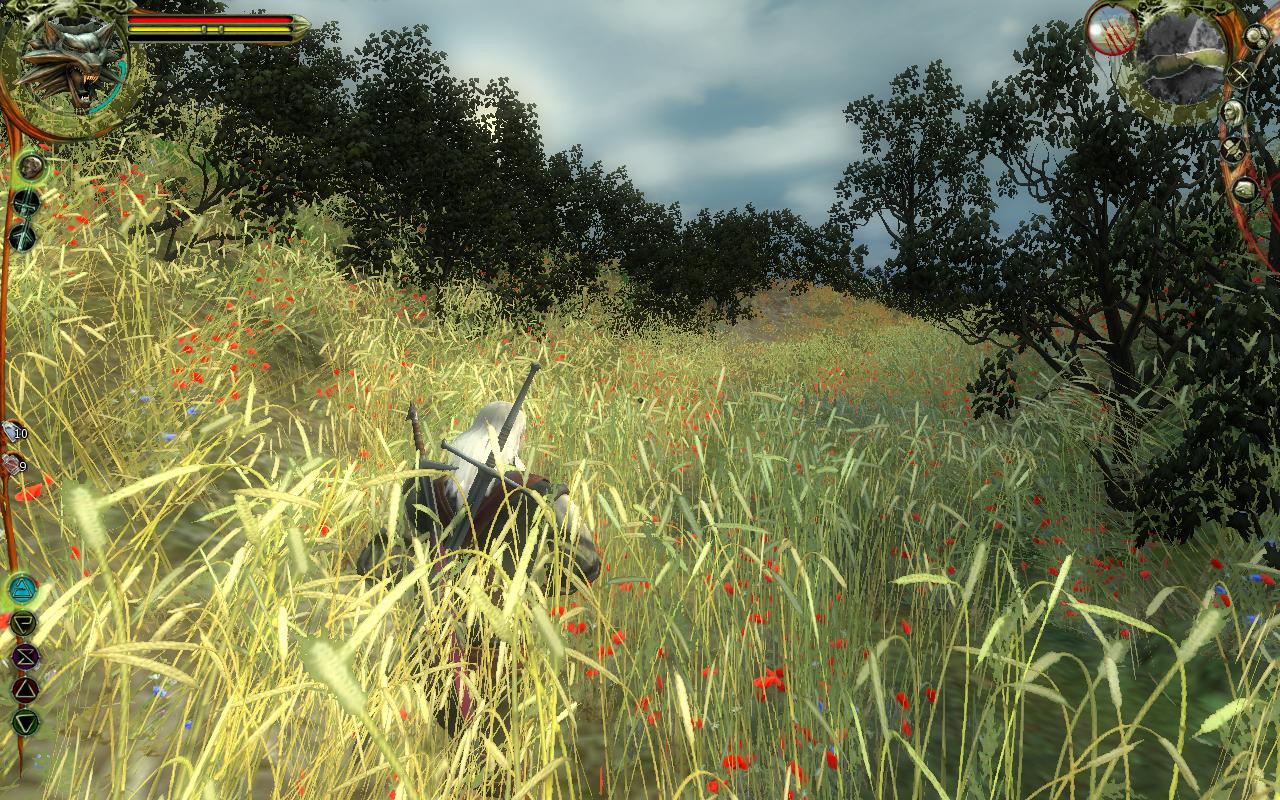
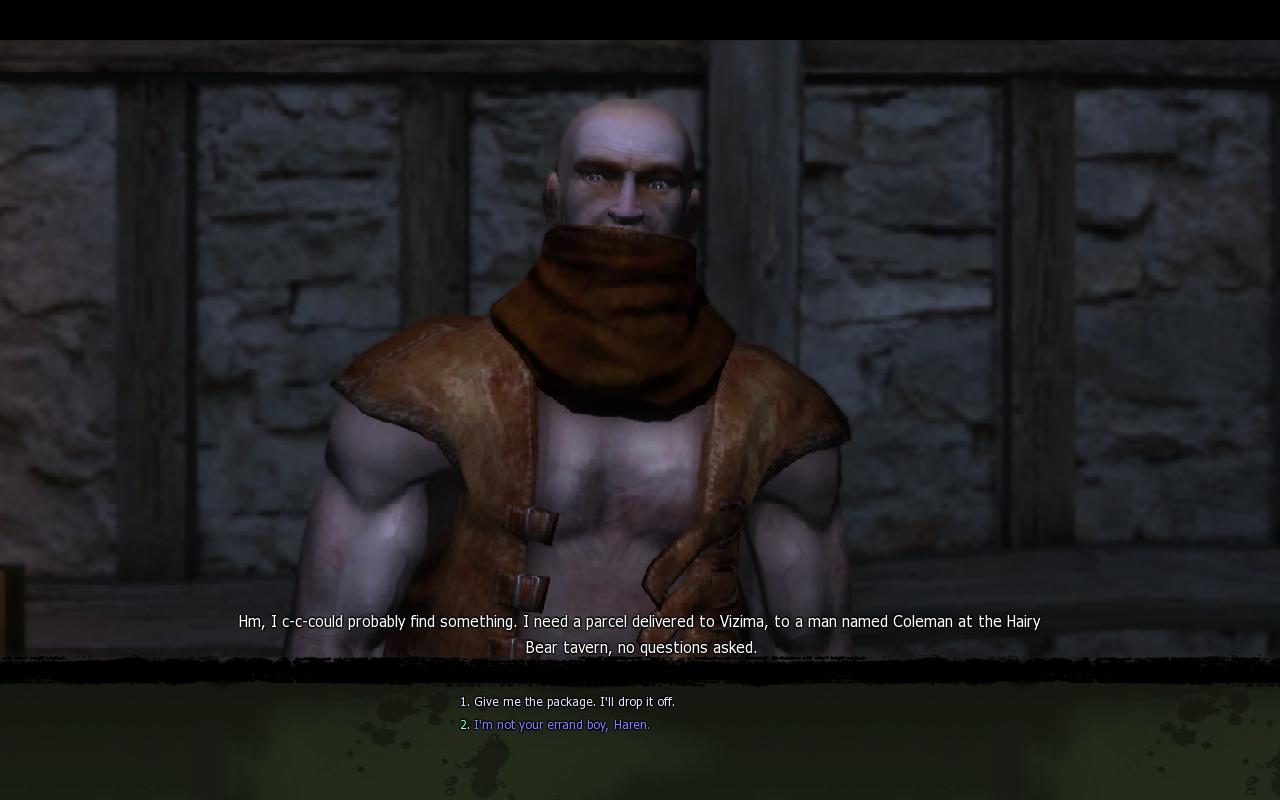
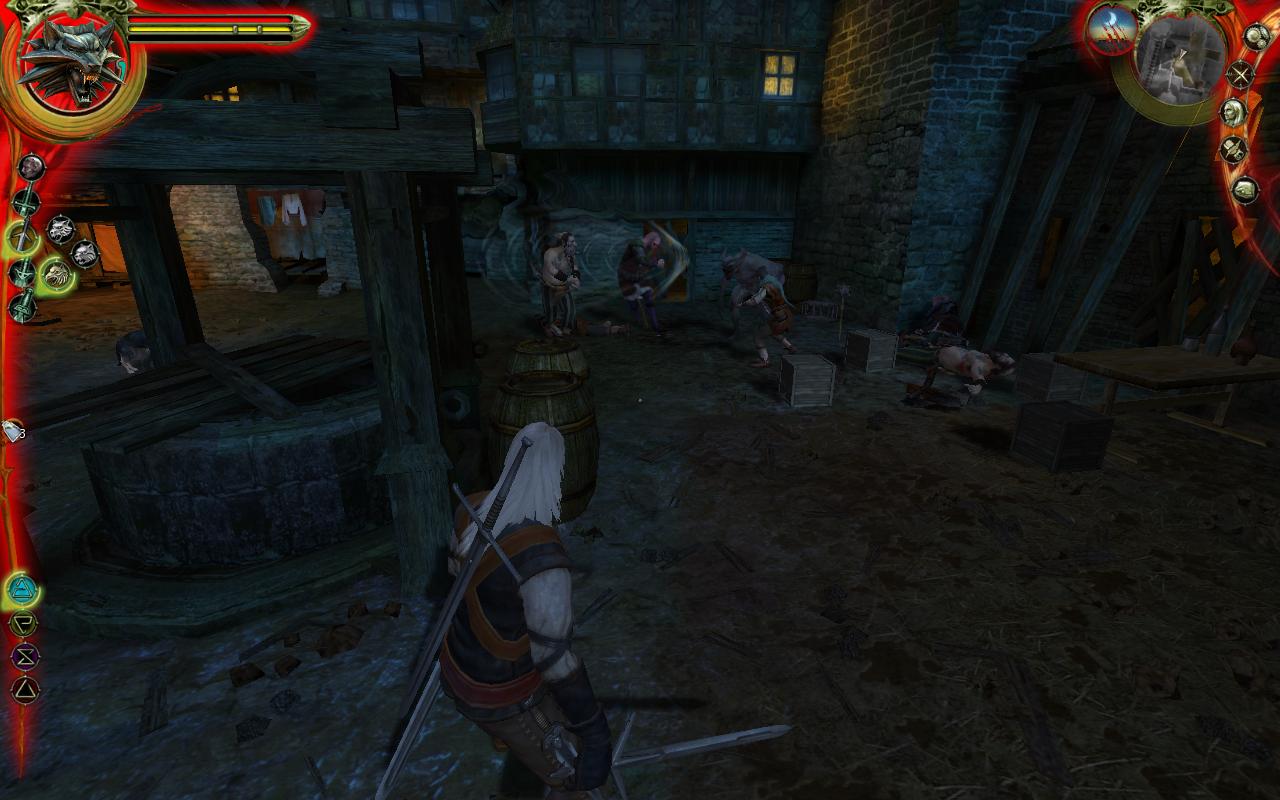


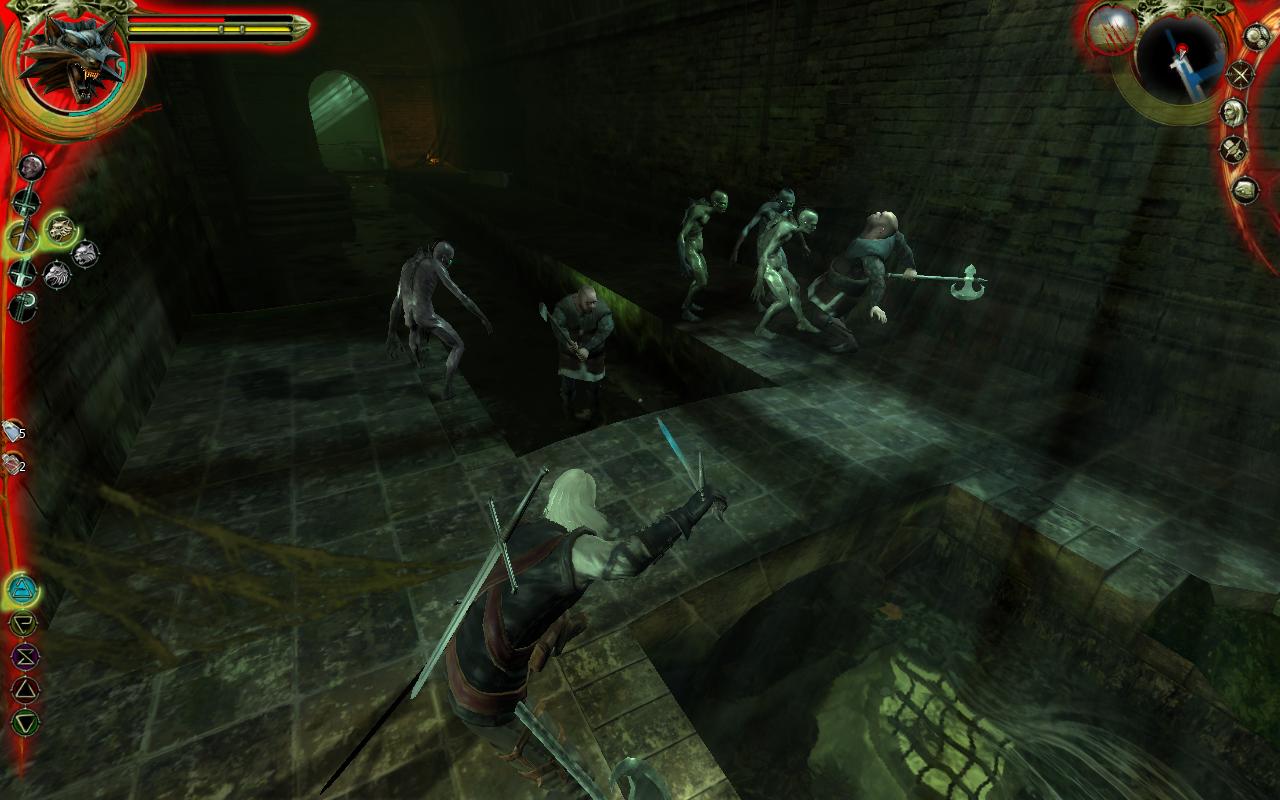
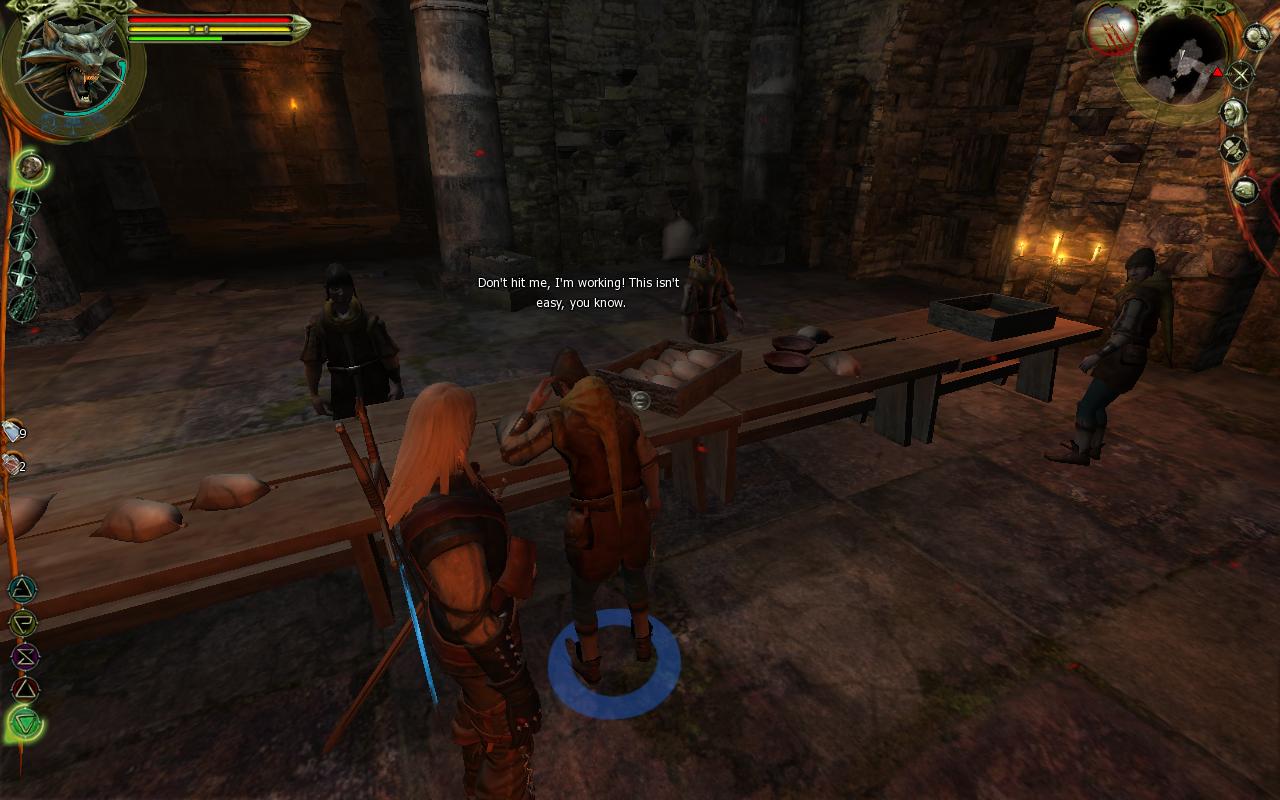
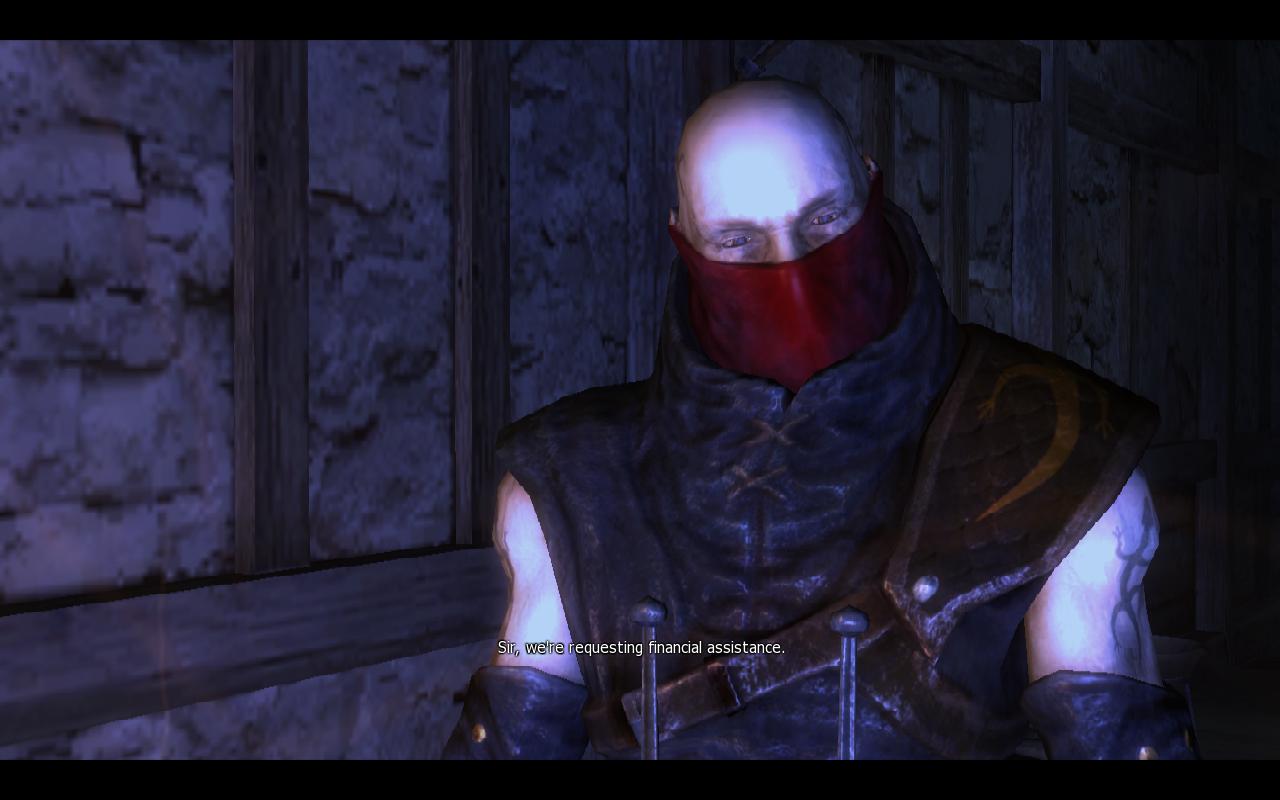

Very under-rated game. It certainly does a lot of things differently than a Western RPG, but it’s a blast to play!
Cool post. Reminds me of how Shamus did a write up about Skyrim failing to follow the exact internal logic this represents: http://www.shamusyoung.com/twentysidedtale/?p=14422
Oh my, that quest line is quite… sub-par.